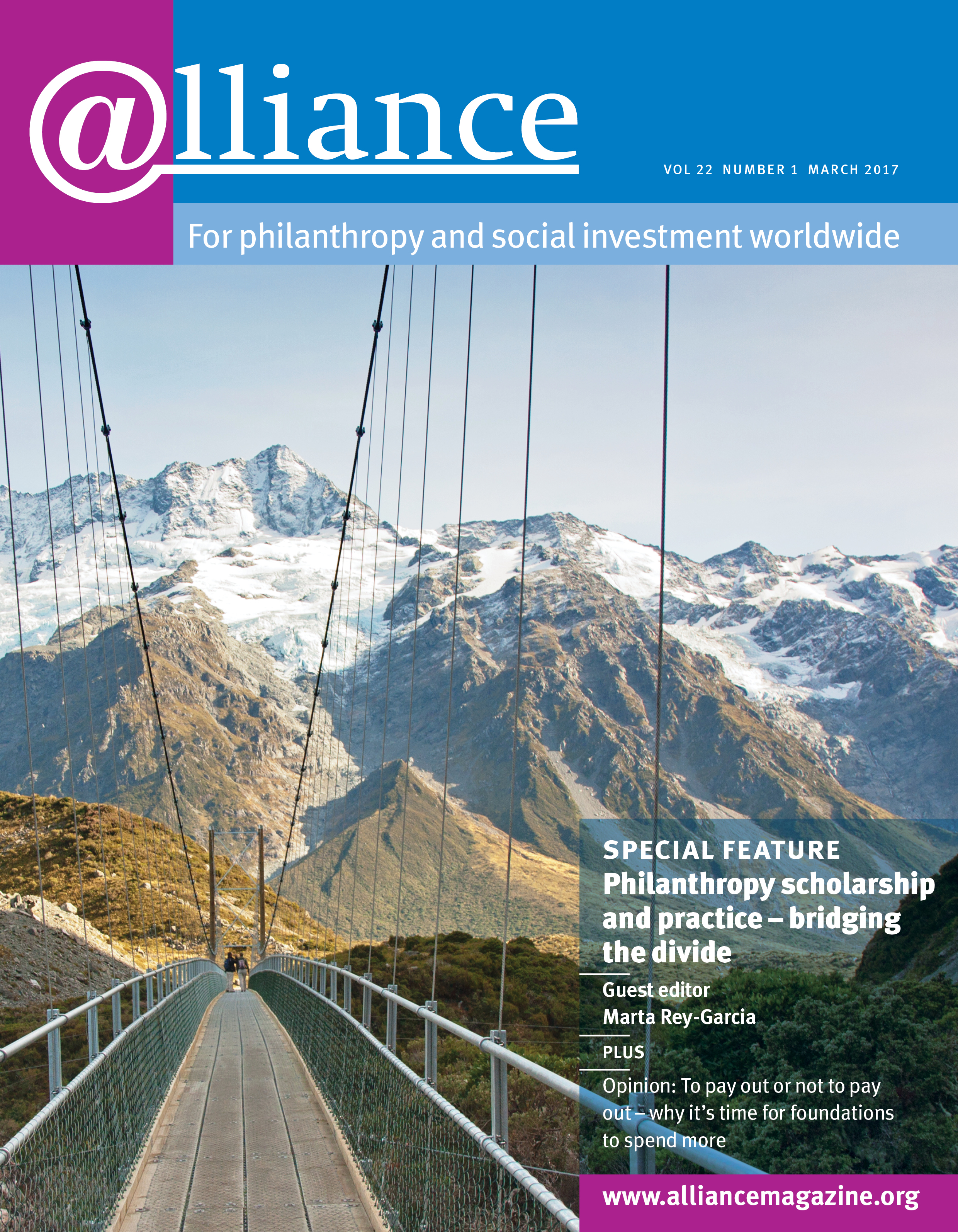The world of philanthropy is growing. In Switzerland alone, there are now over 13,000 registered foundations, equivalent to 16 foundations for every 10,000 inhabitants. These foundations, large and small, corporate and individual, and located across the country, cover a broad spectrum of themes, such as international development and humanitarian cooperation, culture and education, art, environment, social affairs and architecture.
In parallel (or as a consequence?), foundations have become increasingly professional and important – not to say major – actors of change in our societies. I had been working in development cooperation for 22 years prior to joining the Pro Victimis Foundation in 2016, coming from a public, rather than private, sector perspective which then required a shift of mindset and a different management style.
 That was why I took part in a three-day intensive course on foundation management, jointly organised by WISE, a Geneva-based group of philanthropy advisers, and the CEPS (Center for Philanthropy Studies, University of Basel).
That was why I took part in a three-day intensive course on foundation management, jointly organised by WISE, a Geneva-based group of philanthropy advisers, and the CEPS (Center for Philanthropy Studies, University of Basel).
The course, presented by both academics and practitioners, covered issues like the pros and cons of different foundation management structures, the supervisory authorities and taxation, developing a strategy and measuring impact, aligning asset management with the foundation’s mandate, and managing its visibility and reputation.
Of course, in three days it was impossible to cover everything. But for people like me, who have recently taken up management responsibilities at a foundation, it was a good opportunity to clarify certain aspects of that management, and to open up avenues for new ideas and reflection on the foundation world, both from within and vis-à-vis society at large.
While the course was a sound one, my knowledge of and thinking about the role and responsibilities of foundations also comes from the conferences and meetings I attend. I understand much better now the need for the study and teaching of philanthropy and why two new professorships in philanthropy have recently been created at IMD (Lausanne) and the University of Geneva.
It was a good opportunity to clarify certain aspects of that management, and to open up avenues for new ideas and reflection on the foundation world, both from within and vis-à-vis society at large.
I humbly hope that the courses given there will be as inter-disciplinary as possible, bringing together business and economics, law, psychology, sociology, history and any other relevant fields of study.
Ariane Waldvogel is executive director of the Pro Victimis Foundation.




Comments (0)